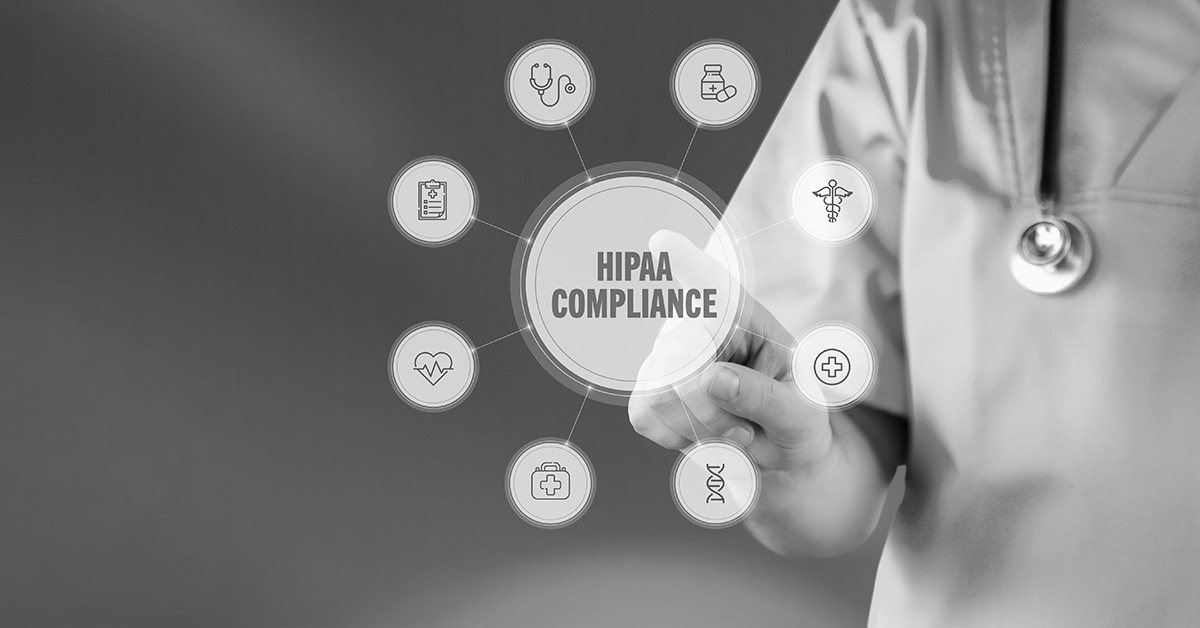HIPAA Compliance for Healthcare Providers

Ensuring HIPAA compliance is crucial for healthcare providers who handle electronic medical data and protected health information (PHI). The Health Insurance Portability and Accountability Act (HIPAA) was introduced to protect patient information and maintain the privacy and security of their medical records. Failure to comply with HIPAA regulations can result in severe penalties, including fines and reputational damage. In this article, we will explore best practices for healthcare providers to ensure HIPAA compliance, focusing on employee training, mobile device security, proper disposal of paper files, and responsible use of social media.
Employee Training
Training courses should cover the specific policies and procedures related to HIPAA compliance, and employees should receive regular refresher courses to stay up-to-date with any changes. By documenting training sessions and ensuring that employees understand their responsibilities, healthcare providers can establish a culture of compliance within their organization.
Employees should be aware of the importance of protecting patient information and the potential consequences of non-compliance.
Mobile Device Security
One common area of vulnerability for HIPAA compliance is the security of mobile devices that contain patient health information. Healthcare providers must take proactive measures to protect these devices and prevent unauthorized access to PHI. Implementing strong user authentication, encryption, and firewalls on every device can significantly enhance security.
Employees should be trained to shut down and lock mobile devices when not in use. This simple practice can prevent unauthorized individuals from gaining access to sensitive information.
Disposal of Paper Files
Proper disposal of paper files is essential to prevent HIPAA violations. Employees must be educated on the importance of shredding or securely disposing of any paper files that contain PHI. To minimize the risk of human error, healthcare providers may consider transitioning to electronic filing systems.
Implementing clear guidelines and procedures for the disposal of paper files can help ensure compliance. Regular audits and inspections can also help identify any lapses in compliance and provide an opportunity to reinforce proper disposal practices.
Responsible Use of Social Media
The rise of social media has introduced new challenges for HIPAA compliance. Healthcare providers must establish policies that restrict employees from posting any images or text related to their workplace or patient information. Even seemingly innocuous posts can inadvertently disclose sensitive information or violate patient privacy.
To address this issue, healthcare organizations should implement social media policies that clearly define what is acceptable and what is not. Employees should be educated on the potential risks and consequences of violating HIPAA regulations through social media. By raising awareness and promoting responsible use of social media, healthcare providers can mitigate the risk of unintentional breaches and protect patient privacy.
Additional Safeguards and Best Practices
In addition to the key areas mentioned above, healthcare providers should implement several additional safeguards and best practices to ensure HIPAA compliance. Some of these practices include:
Access Controls and User Authentication
Healthcare providers should implement strict access controls and user authentication measures to ensure that only authorized individuals can access PHI. This includes unique usernames and passwords, as well as other authentication methods such as biometrics or two-factor authentication.
Regular Risk Assessments
Performing regular risk assessments is essential for identifying and addressing potential vulnerabilities in the organization’s systems and processes. These assessments should evaluate the likelihood and impact of potential risks to PHI and help determine appropriate safeguards to mitigate those risks.
Incident Response and Reporting
Healthcare providers should have a well-defined incident response plan in place to address any potential breaches or security incidents. This plan should outline the steps to be taken in the event of a breach, including reporting the incident to the appropriate authorities and affected individuals.
Business Associate Agreements
When working with third-party vendors or business associates who may have access to PHI, healthcare providers should establish business associate agreements (BAAs).
Data Encryption and Storage
Encryption is a critical component of HIPAA compliance. Healthcare providers should encrypt all electronic PHI to protect it from unauthorized access. Additionally, secure storage solutions should be implemented to ensure that PHI is stored in a safe and controlled environment.
Conclusion
Maintaining HIPAA compliance is of utmost importance for healthcare providers to protect patient information and avoid potential legal and reputational consequences. By implementing employee training programs, securing mobile devices, properly disposing of paper files, and promoting responsible use of social media, healthcare providers can establish a culture of compliance within their organizations.
